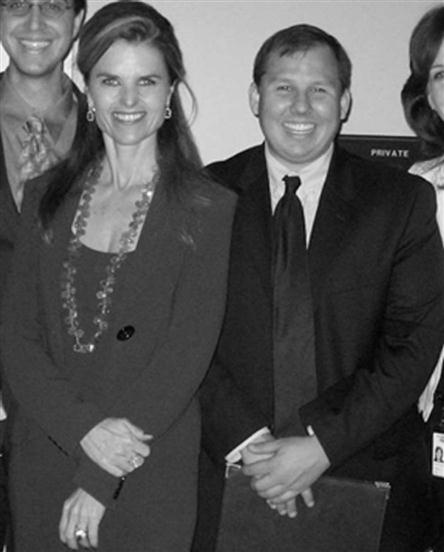Taking Action
How I Learned the Ropes of Policy and Politics
Alfredo Mireles
“Learning is a treasure that will follow its owner everywhere.”
—Chinese proverb
I stood at the podium facing the San Francisco Board of Supervisors and took a deep breath. I worked for a county-funded hospital, and the board was debating whether or not to stop funding my psychiatric unit. I thought of my patients’ challenges and told the board, “Inpatient psychiatry treats the most vulnerable people in our community. Our patients struggle with mental illness, homelessness, substance abuse and many other co-morbidities. There are few places equipped to deal with all of these issues simultaneously, and by cutting this funding you are placing some of the most vulnerable people in our community in serious risk.” I was nervous, but my patients needed somebody to stand up for them. Although it did not come naturally, I felt it was my responsibility as a nurse.
I believe nurses need to advocate for patients with equal vigor at the bedside and at city hall. However, after my first foray into political advocacy with the Board of Supervisors, I knew I needed to learn more about how to be an effective policy and political advocate. So, I sought out more experiences and training. First, I enrolled in a graduate program in health policy at the University of California at San Francisco. In the first year, I learned about policy theory, health economics, and current issues in health care. I became involved in student government and was part of a team that negotiated the student health insurance policy. I had a phenomenal time in graduate school and learned a tremendous amount, but I still needed more practical experiences.
I was overjoyed when I won a scholarship to attend the Nurse in Washington Internship (NIWI). The NIWI conference equips nurses with the knowledge, strategy, and courage to advocate for patients in legislative arenas. The NIWI program is a great opportunity to network with other nurse leaders from all over the country and to gain valuable insight from their experiences. I benefited greatly from the Nurse in Washington Internship and can apply the knowledge I gained to advocate more effectively for my patients.
Next, I got to participate in another wonderful opportunity called the Paul Ambrose Scholars Program. I traveled to Washington D.C. and met other graduate health science student leaders from all disciplines and dozens of different schools. The three-day program included discussions with national public health officials. Scholarships were granted to students who proposed community projects that were focused on prevention. My project was focused on showing how public health programs save money for the California state government. I felt that because of the recent budget cuts to health programs it was important to show how many public health programs actually reduce state spending. I left the conference inspired by the passion of the other students and public health officials.
My interest in California politics led me to apply to the Jessie Marvin Unruh Assembly Fellow program, a one-year paid fellowship. It includes graduate seminars on California state government, mentorship, and direct policy experience in a California State Assembly member’s office. I was fortunate to be selected and was assigned to Assembly member Anthony Portantino’s office. I worked on health, human services, and aging and long-term care issues. I attended policy briefings, proposed bill ideas, researched bills, and met many interesting and influential people. It has been an incredible experience, and it has helped me to become an even more effective patient advocate (Figure 4-1).
Stay updated, free articles. Join our Telegram channel

Full access? Get Clinical Tree



